By Chally Kacelnik
At LKS Quaero, we define a system as a framework that purposefully orders the flow of work, information, money, people, and equipment. Systems can be social, technical, or commercial in nature – it’s not just about computer business systems. Systems are never neutral or inert, although they are often thought of that way. We say that systems drive behaviour, setting limits or boundaries (for good or ill) around how work is performed.
Systems are often poorly implemented, without real understanding of purpose or the practicalities required by their users. Sometimes systems are implemented in a rush, or to meet the pressing needs of a particular team. These might be just fine for immediate requirements, but jar badly with what the broader organisation is trying to achieve for the long term, or requirements for the storage of information. Often, systems that are sufficient for an organisation just starting out become clumsy, unnavigable, or otherwise counterproductive when the organisation grows and needs systems that serve the new scale.
To have long term utility, systems design cannot just be about solving the problem in front of you or being a place where a particular team can funnel their work. We work with our clients on specific tools and considerations for systems current state assessment and future state design. Briefly, here are some of the questions that you can ask yourself when you’re looking at the utility of your systems:
- Is it focused on driving specific organisational outcomes, rather than existing as part of a series of systems storing disconnected inputs?
- Do the people who need to use it know how to use it, or are you overly reliant on one or two individuals to get what you need?
- Does it overlap confusingly with other systems, or is it meaningfully integrated in a way that is understood across the organisation?
- Did you implement it against accepted gateway criteria, or was it tacked on? Does it facilitate adherence to consistent business rules?
- Does it provide you with a single source of the truth, or are you scrambling between several different systems to get the several different versions of the data you need to do your work?
- Does it provide customer value, meaningfully contributing to the delivery of what your customers need or expect?
If you’re getting a sinking feeling reading this, you’ve got a problem.
The good news is that you can implement new systems, or change to existing systems. That change will create dissonance, which will in turn have an impact on not only how people do their work, but also on how they perceive the organisation and its willingness to adapt. An organisation in which things work like they’re supposed to and in which people have a clear understanding of how their work is useful is an organisation with a good foundation for a positive, productive culture.
This is not easy work, and that’s why it’s routinely done badly – often repeatedly so, resulting in apathy and distrust. Building effective, scalable, useful systems will drive the outcomes you need, so knuckle down and get it done properly.
At LKS Quaero, we support our clients to productively organise work. For more information, visit us at lksquaero.com or follow us on LinkedIn, Facebook, and Twitter.










